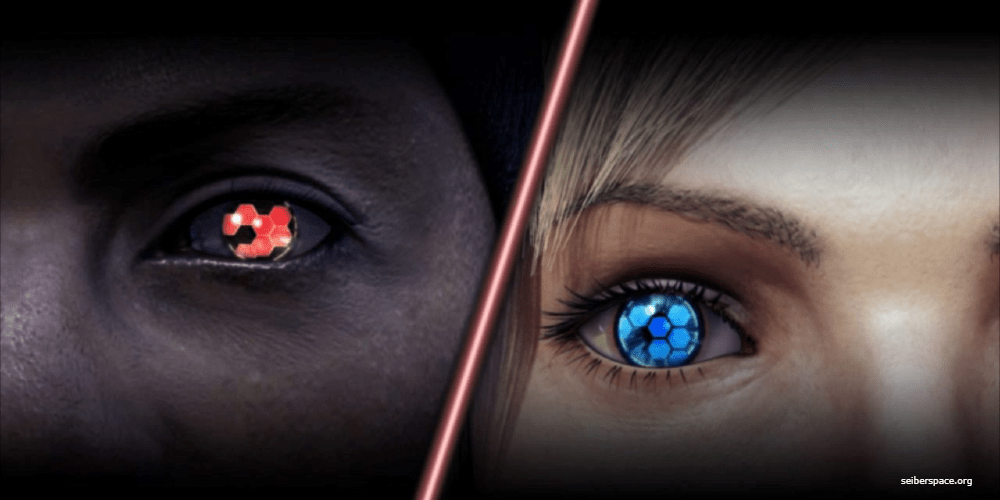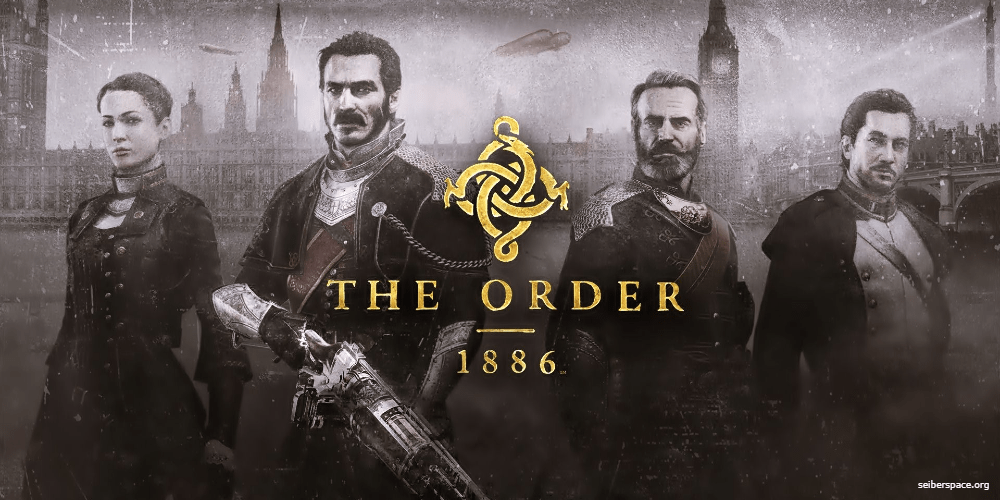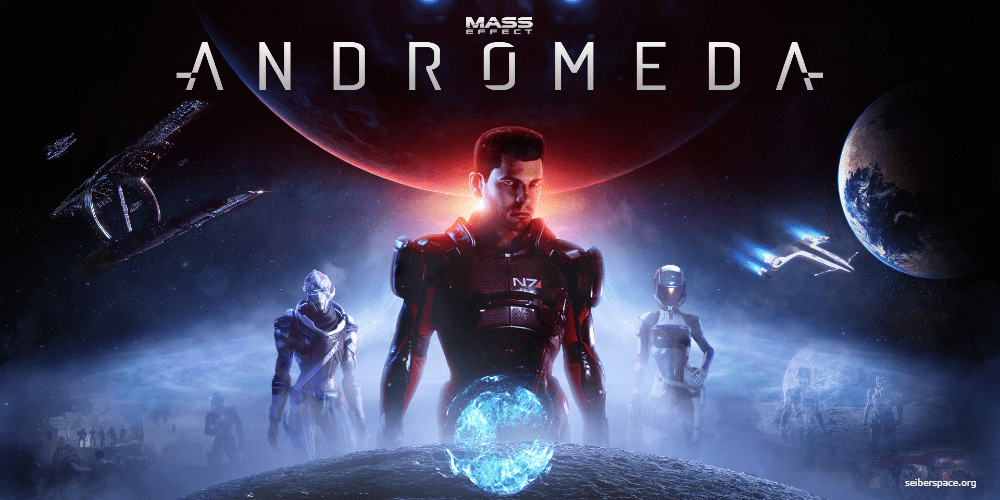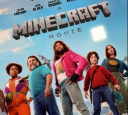Breathtaking Beginnings, Forgettable Followings: 10 Terrible Video Games With Awesome Openings
Jul-19-2023

Wading into the gaming world can often feel like stepping into an enticing blockbuster speckled with stirring openings, riveting plotlines, and impressive visuals. However, not all games that start with a bang are able to carry the momentum throughout their journey. In fact, certain games lure the players in with arresting openings, only to stumble their way to the end due to faulty gameplay, bland plots, or lackluster graphics. Here we have compiled a list of ten such video games that promised a lot with their compelling introductions but failed to live up to the subsequent expectations – a cruel reminder that first impressions can sometimes be quite deceiving.
1. Mindjack (2010) – Unexpected Promise
Released in 2010, Mindjack showed a lot of promise in its glorious opening. The cinematic presentation introduced a futuristic world filled with mind-hacking abilities and introduced the concept of a third-person shooter with a fresh twist. However, despite the hyped intro, the game fell flat in delivering a substantial and enjoyable experience. Repetitive encounters, lackluster environments, and a plot filled with holes all contributed to the game's downfall. The promise of a game featuring an innovative mind-control mechanic was left unfulfilled, leaving players deeply disappointed.
2. Haze (2008) – A dystopian disillusion
Haze, the first-person shooter game from Free Radical Design, appeared to have everything going for it based on its brilliant introductory cinematic and gameplay. The opening stages of the game immersed players into the role of a supersoldier fighting in a dystopian future. However, Haze lost its sheen quickly after the opening as it suffered from weak storytelling, problematic controls, and forgettable multiplayer mode. This resulted in a less-than-optimal experience that starkly contrasted with its fascinating opening.

3. Aliens: Colonial Marines (2013) – The retro-futurism disappointment
It's rare to see a game that disappoints fans as significantly as Aliens: Colonial Marines. After a fantastic opening sequence that had fans of the franchise dancing with joy, the game’s allure quickly disintegrated. The game's lackluster level design, subpar AI, and blatant disregard for the established universe's lore culminated in a disappointing experience for players, tarnishing the storied legacy of the Alien franchise.
4. The Order: 1886 (2015) – A sterling cinematic distraction
The Order: 1886 showcased a jaw-dropping opening: stunning cinematic graphics, an intriguing premise set in an alternate Victorian London, and compelling characters. Yet, as the game unfolded, it became a self-indulgent cinematic spectacle that vastly underutilized its potential for gameplay. With an overemphasis on graphics instead of mechanics and a gameplay experience that felt linear and overly constrained, The Order: 1886 failed to live up to its impressive start.

5. Lair (2007) – A dragon epic gone wrong
The mesmerizing opening of the Lair would make anyone anticipate an epic dragon-riding adventure. However, the excitement died as soon as the actual gameplay kicked in. The over-reliance on the PlayStation 3's Sixaxis motion controls rendered the game nearly unplayable, leaving what could have been a beautiful dragon-flying game as an irritating button-mashing disaster.
6. Duke Nukem Forever (2011) – A long-awaited disappointment
Duke Nukem Forever, after being in development hell for over a decade, had an incredibly fun opening sequence that gave the appearance of it being worth waiting for. However, it quickly became apparent that the rest of the game could not keep up with the charm and fun of the opening, resulting in a game that felt outdated and filled with juvenile humor that was less amusing than intended.
7. Sonic The Hedgehog (2006) – A flawed comeback
The Sonic The Hedgehog series' 2006 entry was supposed to relaunch the beloved Sega mascot into the limelight. However, despite a polished and promising opening sequence, the game quickly fell apart due to numerous glitches, disappointing story progression, and confusing gameplay mechanics. Despite its dazzling opening and the iconic character’s fame, the game remains one of the worst in the series.

8. Alone in the Dark (2008) – A frightened mes
Eden Games' Alone in the Dark attempted to update the survival horror genre by adding real-time environmental interactions and an engaging story. The opening sequence brilliantly blended survival horror elements, hinting at an intriguing narrative. Sadly, this turned out to be bait as the game suffered from clunky controls and a deeply flawed save-game mechanic, making the game a frustrating experience.
9. Mass Effect: Andromeda (2017) – A space tale turned soul
After the successful Mass Effect trilogy, the kickoff of Mass Effect: Andromeda, filled with impressive alien worlds, promised a solid addition to the franchise. Unfortunately, the expansive universe felt empty, the story lacked depth and consistency, and animations have been the narrative of many internet jokes. Most players felt the game didn’t deliver on all the promises it made during its stellar opening, turning this adventurous expedition into a disappointing voyage.

10. Daikatana (2000) – A journey through time gone wrong
John Romero's Daikatana came with an exciting opening: playing through various eras of history with a powerful mythical sword. This promise of time-traveling adventure was enough to get any player excited. However, the disappointment kicked in when players experienced poor-level designs, annoying companions, and an ill-adjusted difficulty curve. What the opening promised was a thrilling journey, but what was delivered was an antiquated gameplay experience that failed to meet expectations.
Conclusion
In the world of video gaming, the opening act plays a pivotal role in setting the stage and the tone for the grand epic to follow. However, as we've explored in this rundown, not every captivating opening breeds an equally appealing gameplay. These games promised a lot with their stellar openings but couldn't keep up with the expectations. They serve as a harsh reminder that an outstanding beginning shouldn't overshadow the importance of gameplay, narrative, and overall player experience. Ultimately, the games serve as poignant lessons in the art of balancing aesthetics and mechanics, a delicate seesaw where even the slightest imbalance can tilt a game from magnificence to mediocrity.






